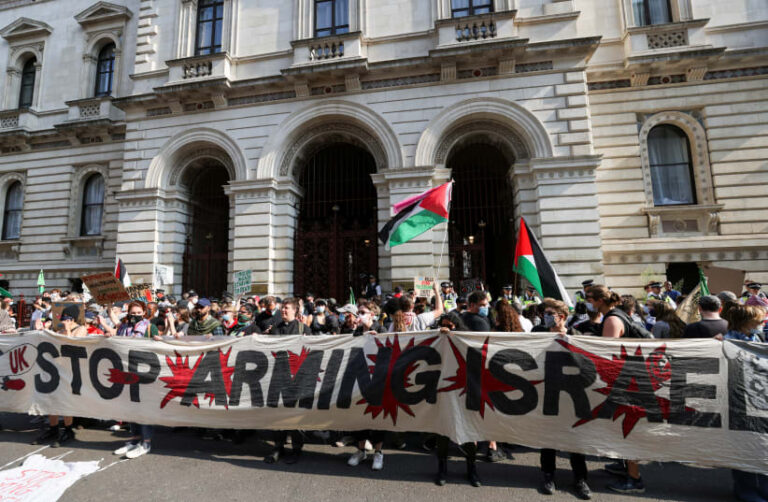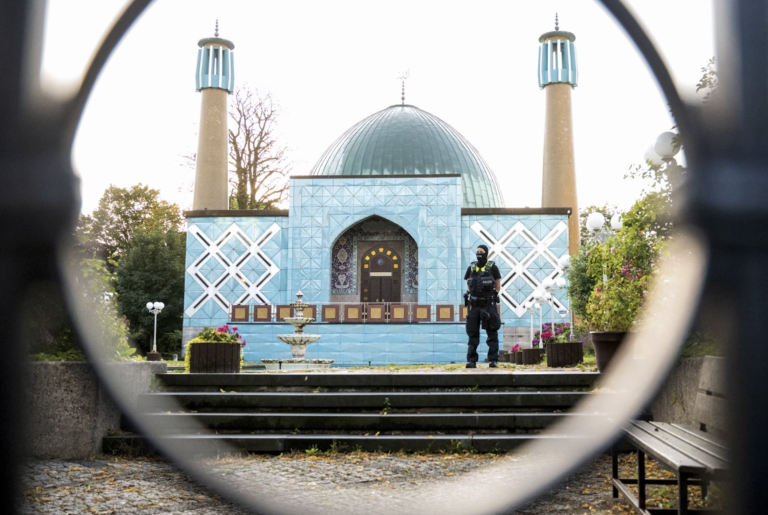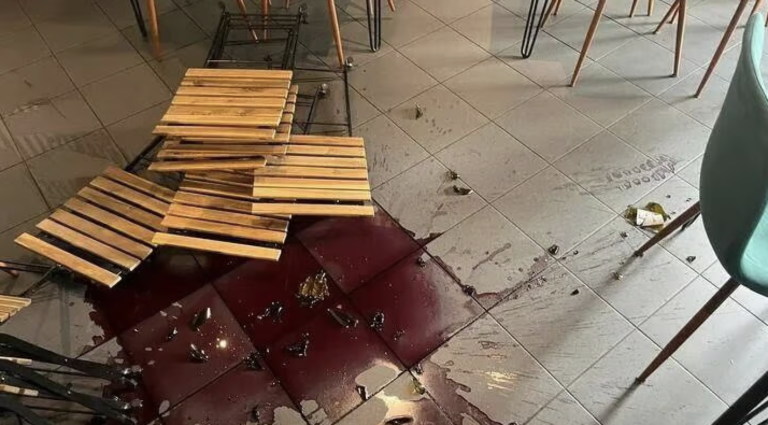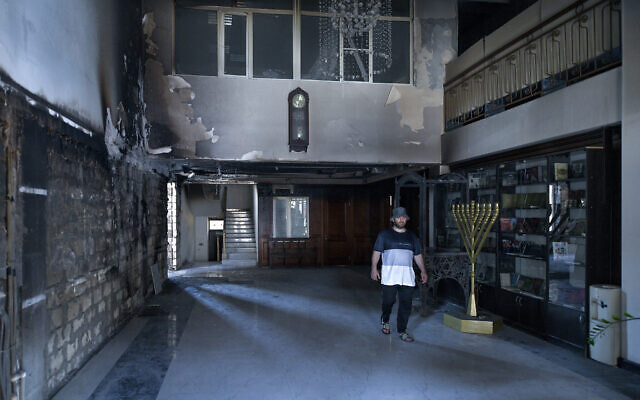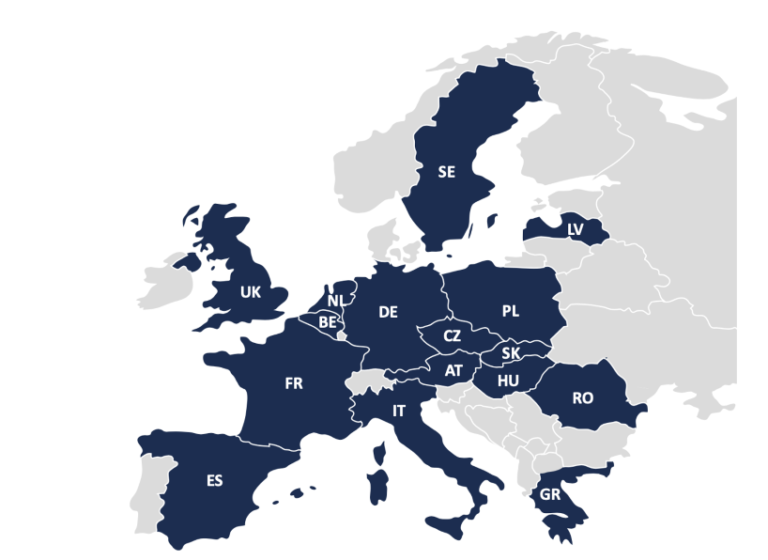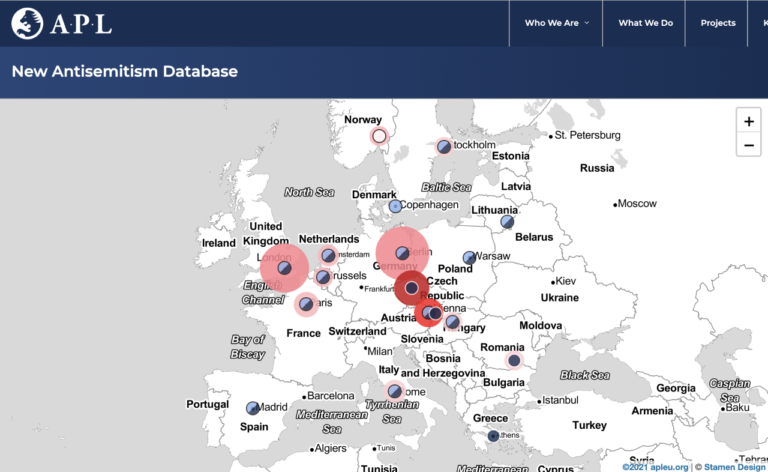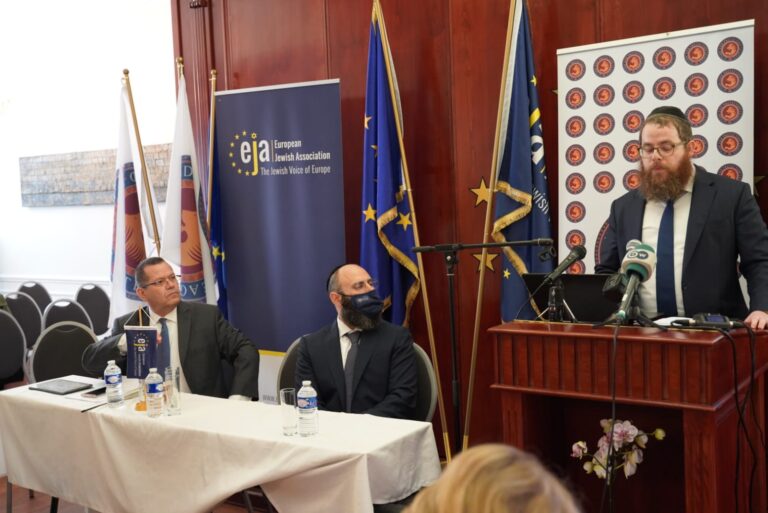A pair of professors published a paper accusing a group of Polish Wikipedia editors of revising articles to distort the history of the Holocaust. Wikipedia’s Arbitration Committee, a panel of elected editors known as Wikipedia’s Supreme Court, are opening an investigation to tackle the accusation.
The research publication of a pair of professors accusing Polish Wikipedia editors of distorting the history of the Holocaust on the crowd-sourced page went viral, hitting more than 27,000 pageviews within a week (compared to the usual few dozen or hundred at best), reports The Jerusalem Post.
The paper, which appeared in The Journal of Holocaust Research and bore the title “Wikipedia’s Intentional Distortion of the History of the Holocaust,” found that a dedicated group has for some 15 years manipulated a source of information used by millions in ways that lay blame for the Holocaust on Jews and absolve Poland of almost any responsibility for its record of antisemitism. The paper accused 11 current and former editors of intentional distortions to numerous articles relating to the Holocaust in Poland. They referred to them by their usernames and provided their real names if they had publicly identified themselves on Wikipedia message boards.
According to co-authors Jan Grabowski, a historian at the University of Ottawa, and Shira Klein of the history department at Chapman University in Orange, California, “Due to this group’s zealous handiwork, Wikipedia’s articles on the Holocaust in Poland minimise Polish antisemitism, exaggerate the Poles’ role in saving Jews, insinuate that most Jews supported Communism and conspired with Communists to betray Poles, blame Jews for their own persecution, and inflate Jewish collaboration with the Nazis.”
According to the article, while generally, mistakes on Wikipedia can be quickly fixed by experienced editors, in this case, the alleged distortionists know Wikipedia’s mechanisms well enough to appear at least to follow the rules and are willing to spend time arguing with other editors who step in to intervene. It becomes harder to get to the truth because they work to discredit established historians and prop up fringe voices to create the semblance of a real-world debate over historical events.
Although the authors of the research claim that the paper strictly focuses on what happened, and makes no assumption on the accused editors’ underlying motives or ties to any organisation or the government, the disclaimer obliquely points to a more significant challenge around the historical record of the Holocaust in Poland. While history shows that many Poles participated in the persecution of Jews, Poland’s nationalist right insists on portraying Poles only as victims or heroes. In 2018, the Polish government passed the Polish Holocaust Law, which makes it illegal to slander the Polish nation or blame the country for Nazi crimes. In practice, the law has served to censor scholars and chill debate.
The Wikipedia editors accused of distorting articles related to the Holocaust have rejected the allegations against them.
There is an ongoing debate on a Wikipedia message board about how to handle the case, referring to the situation as something close to an existential crisis for Wikipedia since, besides being accused of spreading antisemitic propaganda, the site was depicted to be vulnerable to large-scale manipulation by a small group of bad-faith actors.
While most disputes among Wikipedia editors are resolved through community consensus mechanisms, some major issues are brought to Wikipedia’s Arbitration Committee, or ArbCom, a panel of elected editors known as Wikipedia’s Supreme Court. In this case, for the first time since the committee’s existence, the ArbCom decided to look into the allegations without receiving a formal request to do so.
Though the ArbCom is tackling the accusations, finding a solution is not within reach since the committee isn’t supposed to decide on disputed information. It can evaluate the questionable behaviour of editors and choose to restrict or ban them from editing Wikipedia pages.
Nevertheless, the case needs immediate attention, otherwise, it will escalate in the coming years. By a vote of nine to one on February 13, the committee decided to open the case. The proceedings, which start with an evidence-gathering phase, are expected to last up to six weeks, after which they can choose to ban and restrict offending editors.
Provided that the ArbCom founds no solution, an even higher authority, the Wikimedia Foundation, a nonprofit that owns the encyclopedia, can be involved in the case. The foundation intervened in 2021 in what some see as a similar scenario of a far-right takeover of the Croatian-language Wikipedia, hiring an outside expert to disentangle the web of obfuscation and banning a set of editors.

